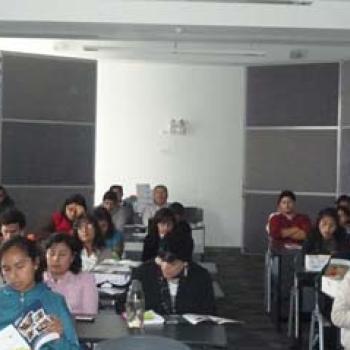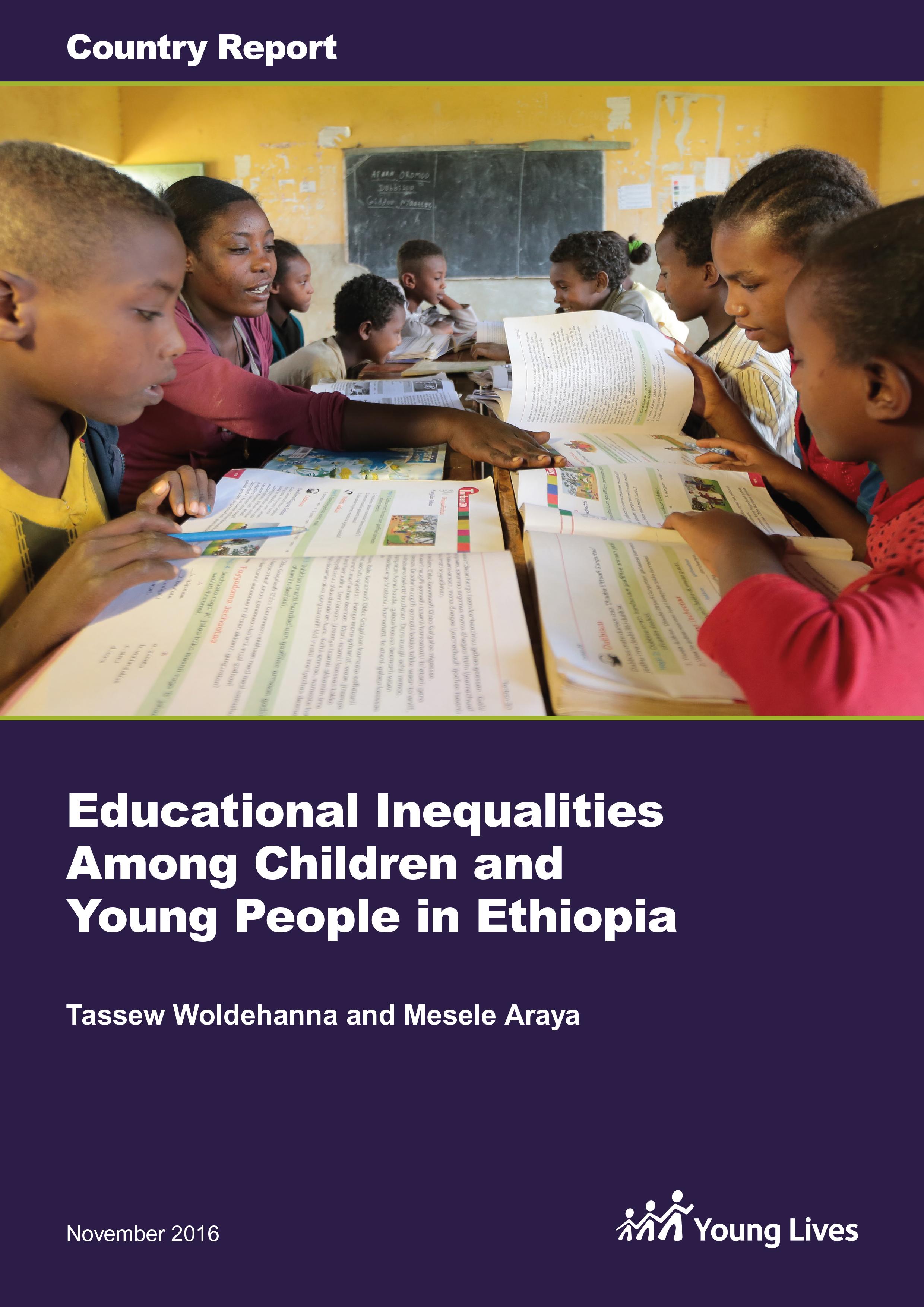
The fourth round of the Young Lives survey in Peru started today, Wednesday 12 June 2013. Over the next few months, the 45-strong team of fieldworkers will travel to 20 sites across 14 Peruvian regions to interview 3,000 children and young people and their parents. Public officials in each community will also be interviewed to establish what services are available for children and young people.
The Peru study includes one cohort of 2,000 children now aged between 11 and 12 years old, and almost 1,000 young people aged between 17 and 18 years. When we started following their lives, in 2002, the younger group were just 6 to 18 months old and the older group were aged 7 to 8 years.
The 2013 survey will offer an up-to-date snapshot of the lives of the children and their families which we can then compare with data collected in 2002, 2006 and 2009. This information then feeds into reports that help inform and influence public policy-making to support the children and youth of Peru.
In preparation for the survey, about 45 fieldworkers have undergone more than two months of training in how to administer the questionnaires and cognitive tests, as well as how to take measures weight and height accurately.
As part of Young Lives commitment to community reciprocity, the fieldworkers will also distribute a short pamphlet on the transition from elementary to high school, and another pamphlet on the transition from high school to higher education or the workplace.
Preparatory work for Round 4 started more than two years ago, with the revision of the questionnaires from the previous survey rounds and consideration of what issues are relevant to the current age of the children and young people. There are numerous changes. For example, the 2013 survey is the first time when many young people will no longer be living with their parents. The Younger Cohort questionnaire contains new sections linked with the onset of adolescence. Another innovation is the application of computerised tests of executive functioning for the Younger Cohort. For this group, we will also continue interviewing and testing their younger brothers and sisters.
Fieldwork will be completed by the end of 2013, and initial findings will be published by mid-2014. Subsequently, the questionnaires and the final clean data will be made freely available to the public, as with the previous rounds. The data will serve as the basis for analysis and a range of papers will be produced, all available to view and download on our websites www.ninosdelmilenio.org (Spanish) and www.younglives.org.uk (English).
Looking forward, there will be one further round of the survey in 2016, making Young Lives a unique 15-year four-country (Ethiopia, Andhra Pradesh in India, Peru and Vietnam) longitudinal dataset exploring the causes and consequences of childhood poverty.
Links:
Reciprocity material (in Spanish)


The fourth round of the Young Lives survey in Peru started today, Wednesday 12 June 2013. Over the next few months, the 45-strong team of fieldworkers will travel to 20 sites across 14 Peruvian regions to interview 3,000 children and young people and their parents. Public officials in each community will also be interviewed to establish what services are available for children and young people.
The Peru study includes one cohort of 2,000 children now aged between 11 and 12 years old, and almost 1,000 young people aged between 17 and 18 years. When we started following their lives, in 2002, the younger group were just 6 to 18 months old and the older group were aged 7 to 8 years.
The 2013 survey will offer an up-to-date snapshot of the lives of the children and their families which we can then compare with data collected in 2002, 2006 and 2009. This information then feeds into reports that help inform and influence public policy-making to support the children and youth of Peru.
In preparation for the survey, about 45 fieldworkers have undergone more than two months of training in how to administer the questionnaires and cognitive tests, as well as how to take measures weight and height accurately.
As part of Young Lives commitment to community reciprocity, the fieldworkers will also distribute a short pamphlet on the transition from elementary to high school, and another pamphlet on the transition from high school to higher education or the workplace.
Preparatory work for Round 4 started more than two years ago, with the revision of the questionnaires from the previous survey rounds and consideration of what issues are relevant to the current age of the children and young people. There are numerous changes. For example, the 2013 survey is the first time when many young people will no longer be living with their parents. The Younger Cohort questionnaire contains new sections linked with the onset of adolescence. Another innovation is the application of computerised tests of executive functioning for the Younger Cohort. For this group, we will also continue interviewing and testing their younger brothers and sisters.
Fieldwork will be completed by the end of 2013, and initial findings will be published by mid-2014. Subsequently, the questionnaires and the final clean data will be made freely available to the public, as with the previous rounds. The data will serve as the basis for analysis and a range of papers will be produced, all available to view and download on our websites www.ninosdelmilenio.org (Spanish) and www.younglives.org.uk (English).
Looking forward, there will be one further round of the survey in 2016, making Young Lives a unique 15-year four-country (Ethiopia, Andhra Pradesh in India, Peru and Vietnam) longitudinal dataset exploring the causes and consequences of childhood poverty.
Links:
Reciprocity material (in Spanish)


